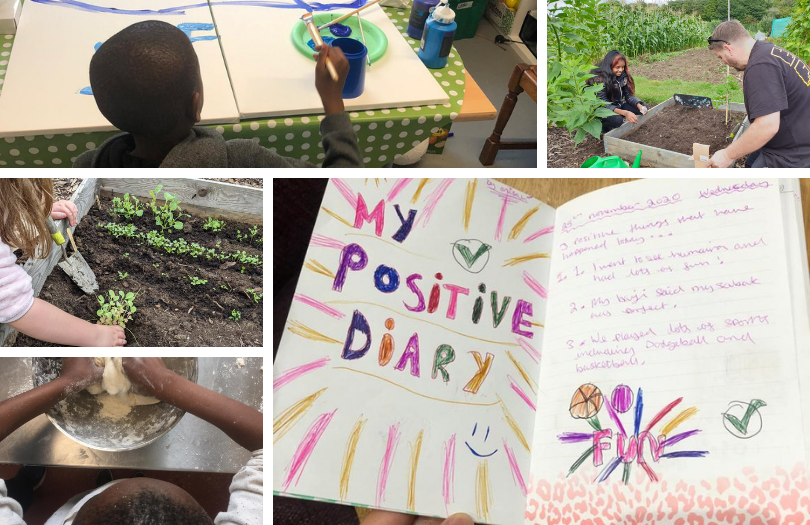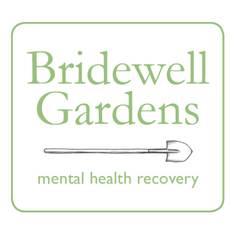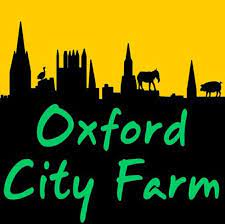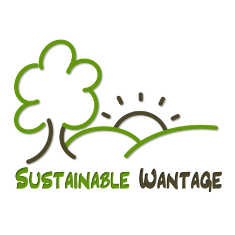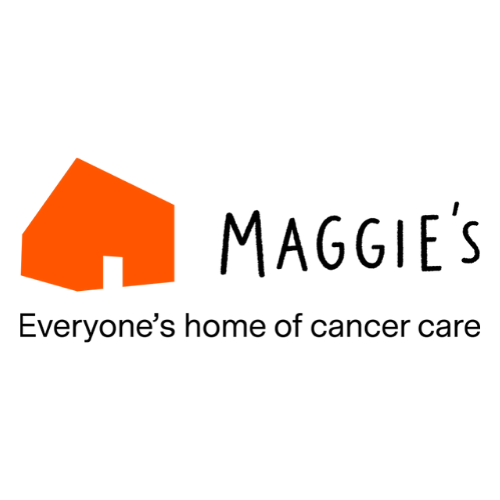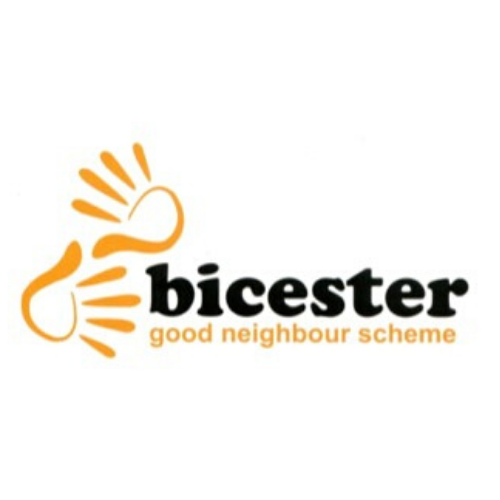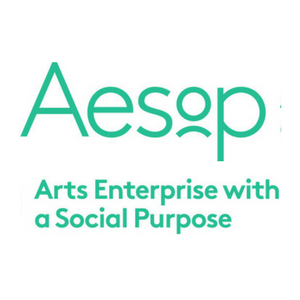Rose Hill Junior Youth Club works with children and young people, aged 5-15, living in Rose Hill. Their aim is to support these children to engage in safe, meaningful, creative and healthy activities that build their positive language and social skills and raise their self-esteem, self-confidence and independence.
Rose Hill is in the 10% most deprived neighbourhoods for child poverty nationally (2019 Index of Multiple Deprivation), 34% of children live in single-parent households, 48% of residents are from BAME communities with 39 languages spoken, 45% of children at the Primary School are children eligible for Pupil Premium, however the real level for child poverty is even higher.
The club works with many children with low aspirations, poor social skills, limited positive life experiences, high support needs (emotional, social, behavioural and complex) which leads to social isolation, lack of ability or opportunity to engage positively in activities and their community. These children identified elsewhere as having challenging behaviour, have a place where they can be role models and contribute positively.
They provide inspirational activities at the Rose Hill Community Centre for over 130 local children and young people, including youth club sessions, groupwork, 1 to 1 mentoring, a weekly food bank, and the new allotment!
Funding in April 2021 from Oxfordshire County Council, Public Health aimed to improve or maintain mental health and raise awareness of the importance of mental wellbeing for Oxfordshire residents.
The NHS and the charity MIND have adopted the evidence based ‘5 steps to mental wellbeing’ that contribute to improving an individual’s mental health and wellbeing:
- connecting with other people
- being physically active
- learning new skills
- giving to others and
- paying attention to the present moment
Grants were awarded based on evidence of these 5 steps and / or the enablers identified in the Oxfordshire Mental Health Prevention Framework 2020-2023. Public Health were also keen to award grants to communities in need and encouraged partnership working.
Rose Hill Junior Youth Club used their £9,075 grant for an outdoor mentoring project, with 1 to 1 sessions and small group activities around their community allotment, which opened in 2020. Many Rose Hill children do not have gardens and had little access to safe outdoor spaces for play and exercise during lockdowns.
The club’s 1 to 1 work supports the children to engage in group activities, whilst providing a safe place to have someone to talk to about their concerns and issues, building protective factors and coping strategies. They then gain the confidence to participate in small group activities on the allotment.
Children are referred for mentoring support by local schools, Family Solutions and local and community organisations. They have an introductory session with their mentor to work together to develop a plan to improve their mental wellbeing and identify the types of positive activities they would like to engage in. As well as outdoor physical activity and gardening skills, they have opportunities to input creatively into planning the allotment, growing food and constructing items (raised beds, seating, shelters). They learn to slow down, be in the moment as they concentrate on physical or creative tasks, and watch nature through the seasons.
When mentoring sessions finish, children progress to participate in the new allotment club, staying connected with their community and remaining physically active. Food is a crucial part of their engagement with the children and their families. A hot buffet meal is provided at each core weekly session, with food grown on the allotment, picked and cooked by the children.
A theme of resilience in the pandemic has come over repeatedly for OCF and is the focus of our longer-term support to the local voluntary and community sector. We are conscious that the effects of COVID-19 and lockdowns will be felt by the most disadvantaged. By partnering with Oxfordshire County Council, Public Health we were able to direct a round of funding to the huge variety of organisations in the local community supporting this.
It was particularly noted that many grant applications were based in the top ten wards for deprivation in Oxfordshire, where the needs of the community tend to be highest. It was also recognised that successful projects included being out in nature, growing food, and connecting with others has huge beneficial mental and physical outcomes for those people taking part.
Rose Hill Junior Youth Club set up the allotment project during lockdown to work safely outdoors with children. They are seeing huge benefits both as a learning and social space, particularly in supporting some of the most disadvantaged. It has been described as ‘gold dust’ by those working with the children. The allotment has become part of their mainstream work and provides a safe outdoor space to support children.

